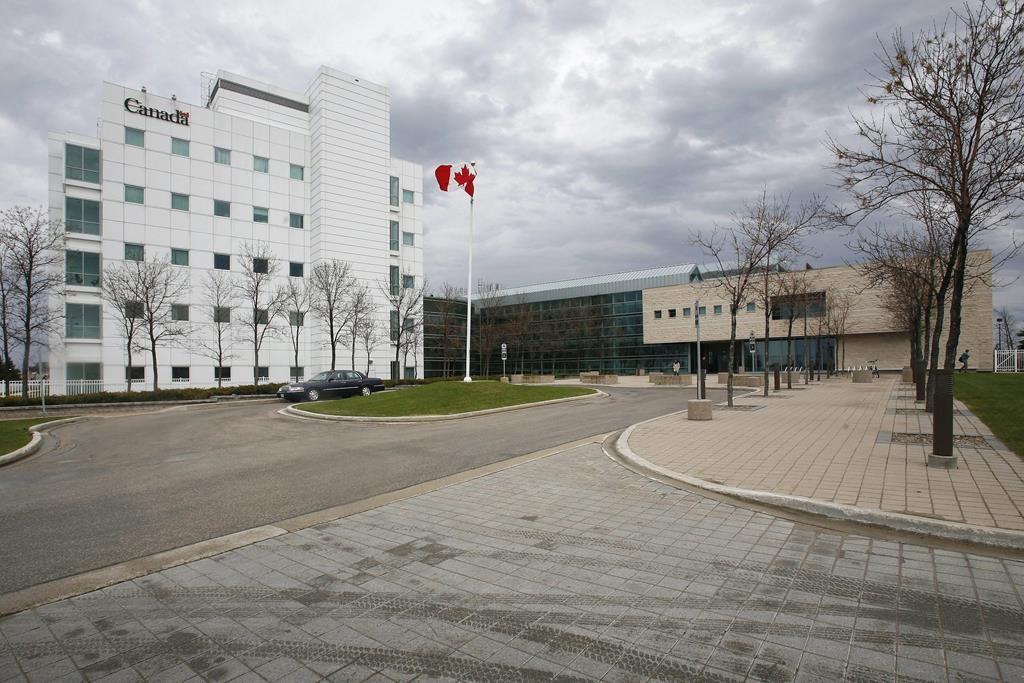OTTAWA — In defiance of a House of Commons committee, the president of the Public Health Agency of Canada still won’t explain why two government scientists were fired 18 months after being escorted from Canada’s highest−security laboratory.

The National Microbiology Laboratory in Winnipeg in a file photo. John Woods/The Canadian Press
|Updated:




